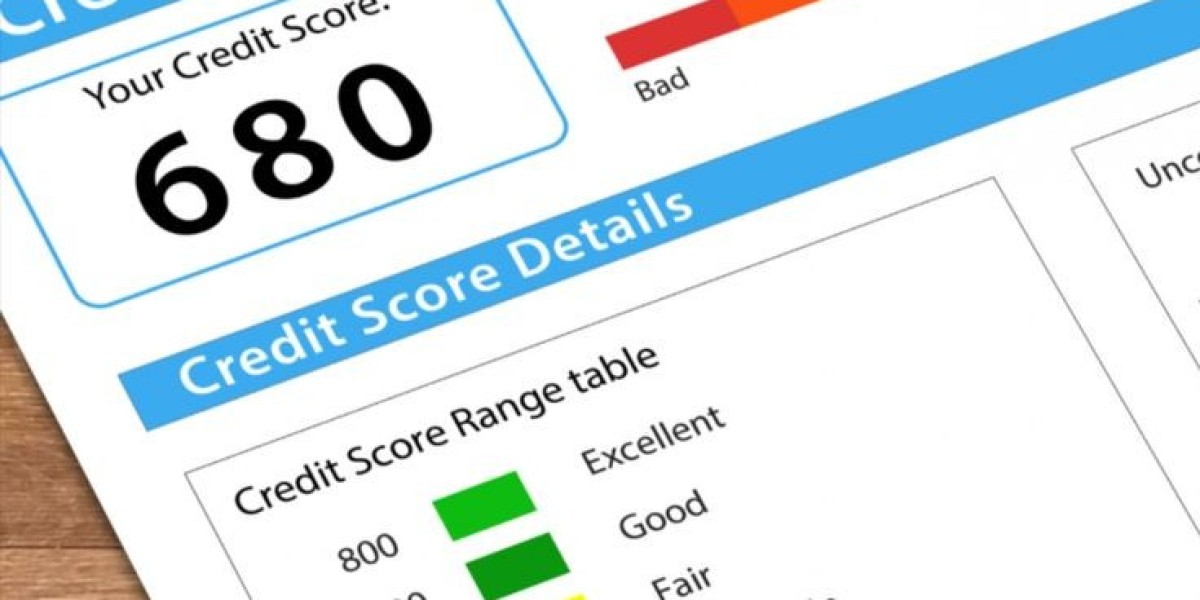Among the major credit reporting agencies, Experian plays a crucial role in compiling and maintaining these records. However, what happens when your credit report inaccurately shows you as deceased? This is not merely an inconvenience but a significant issue that can severely impact your financial health. In this article, we will delve into the causes, consequences, and solutions for resolving an erroneous deceased status on your Experian credit report.
Understanding Credit Reports and Their Importance
Before exploring the specifics of the deceased status error, it is essential to understand the role of credit reports. Credit reports include a detailed history of your credit accounts, loans, payment history, and other financial activities. Lenders, employers, insurers, and landlords use these reports to make informed decisions about extending credit, offering employment, setting insurance premiums, and approving rental applications.
The Problem: Experian Reporting Deceased Status
What Does "Deceased" Status Mean?
When experian credit showing deceased status, it indicates that the credit reporting agency believes the individual has passed away. This information can be flagged in several ways:
- A notation on the credit report itself.
- Credit accounts listed as "closed due to death."
- The Social Security Administration's Death Master File may have incorrect information.
Common Causes of Deceased Status Errors
Clerical Errors: Mistakes can occur during data entry at various stages of reporting, whether from creditors, financial institutions, or the credit bureau itself.
Identity Theft: Fraudulent activities where someone uses your personal information can lead to inaccuracies, including an incorrect deceased status.
Miscommunication: If a family member with a similar name or Social Security Number (SSN) dies, the information might get incorrectly applied to your credit report.
Misinformation from Creditors: Creditors might incorrectly report an account holder's status, especially if they confuse one individual with another.
Consequences of Being Incorrectly Reported as Deceased
Immediate Financial Impact
- Credit Denials: Lenders and creditors may refuse to extend credit, assuming you are deceased.
- Account Closures: Existing credit accounts could be closed or suspended.
- Impact on Credit Score: Erroneous information can affect your credit score, impacting future credit opportunities.
Long-Term Ramifications
- Insurance Issues: Difficulties in obtaining life, health, or auto insurance.
- Employment Challenges: Potential employers might hesitate to hire someone listed as deceased.
- Legal Complications: Resolving estate issues and reclaiming ownership of assets can become a prolonged legal battle.
Steps to Resolve the Deceased Status Error
Step 1: Obtain a Copy of Your Credit Report
Begin by obtaining a copy of your credit report from Experian. You are entitled to one free credit report annually from each of the three major credit reporting agencies through AnnualCreditReport.com.
Step 2: Identify and Document Errors
Carefully review the report to identify any errors. Look for accounts marked as deceased or any other inaccuracies. Document these errors thoroughly, noting the type of error, the creditor involved, and any other relevant details.
Step 3: Contact Experian
Write a dispute letter to Experian. Include:
- A detailed explanation of the error.
- Copies of supporting documents (e.g., identification, proof of address, and any statements showing the errors).
- A request to correct the error.
Send this letter via certified mail with a return receipt requested to ensure you have proof of your dispute submission.
Step 4: Contact Creditors
Inform the creditors who have reported incorrect information. Provide them with the same documentation and request that they correct their records and notify the credit bureaus of the error.
Step 5: Follow Up
Experian typically has 30 days to investigate and respond to your dispute. If the issue is not resolved, follow up persistently. You may need to submit additional documentation or escalate the matter within Experian or the creditor’s organization.
Preventing Future Errors
Regular Credit Monitoring
Regularly monitor your credit reports from all three major bureaus (Experian, Equifax, and TransUnion). Credit monitoring services can alert you to changes in your report, helping you catch and address errors promptly.
Safeguarding Personal Information
Protect your personal information to prevent identity theft. Shred sensitive documents, use strong passwords, and be cautious about sharing personal information online and offline.
Legal Recourse
If efforts to correct the error are unsuccessful, consider seeking legal advice. The Fair Credit Reporting Act (FCRA) provides protections and potential remedies for consumers dealing with credit report inaccuracies.
Having your Experian credit report inaccurately show a deceased status can be a distressing and disruptive experience. Understanding the causes and consequences of this error is crucial in addressing it effectively. By taking prompt action, documenting your efforts, and following up persistently, you can resolve the issue and safeguard your financial health. Regular credit monitoring and protective measures can help prevent future errors, ensuring that your credit report accurately reflects your living status and financial activities.
Additional Resources
- Federal Trade Commission (FTC): Disputing Errors on Credit Reports
- Consumer Financial Protection Bureau (CFPB): Submit a Complaint
- AnnualCreditReport.com: Free Credit Reports
By staying informed and proactive, you can navigate the complexities of credit reporting and maintain a healthy credit profile, free from erroneous deceased status entries.







